Developing problem-solving skills Math Worksheets for Ages 5-7
9 filtered results
-
From - To
Unlock your child's potential with our "Developing Problem-Solving Skills Math Worksheets" designed for ages 5-7. These engaging resources help young learners master essential math concepts while nurturing critical thinking and problem-solving abilities. Featuring interactive exercises, puzzles, and real-life scenarios, our worksheets provide a fun, hands-on approach to learning. As children navigate through addition, subtraction, and basic reasoning challenges, they gain confidence in their math skills. Perfect for home or classroom use, these worksheets encourage independent learning and make math enjoyable. Explore our collection today and watch your child thrive as a budding mathematician!
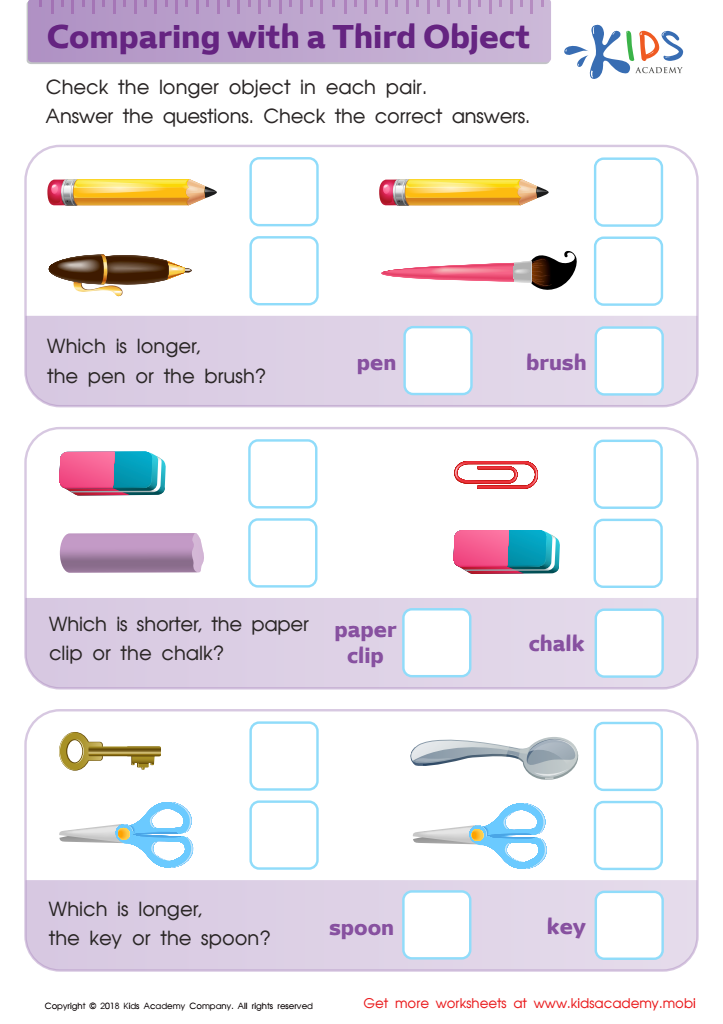

Comparing with a Third Object Worksheet
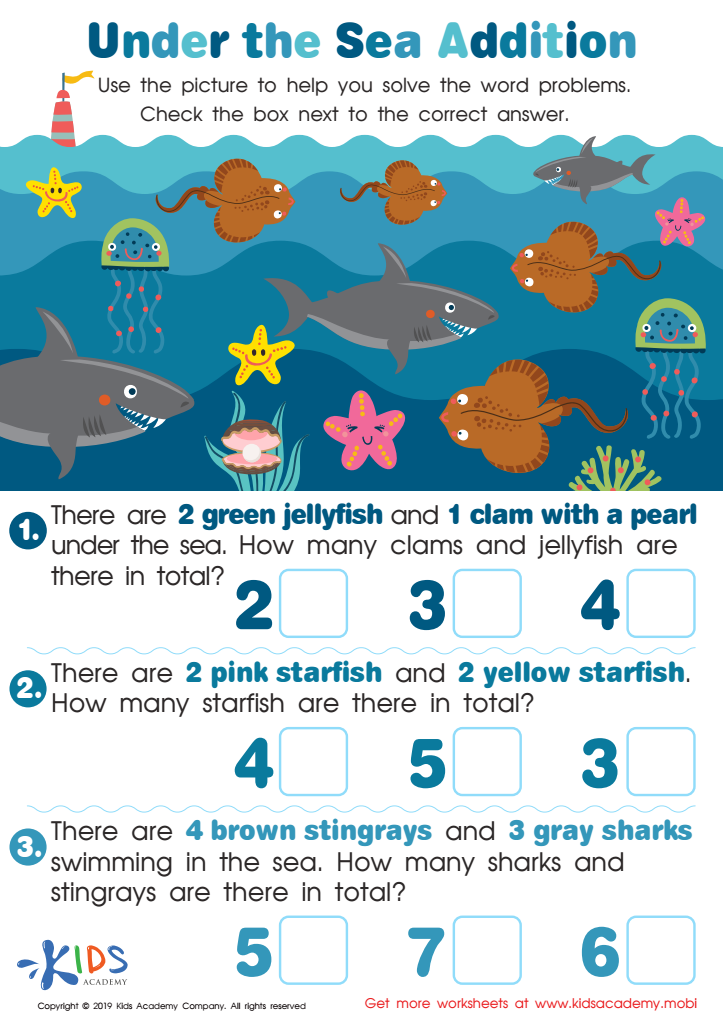

Under the Sea Addition Worksheet
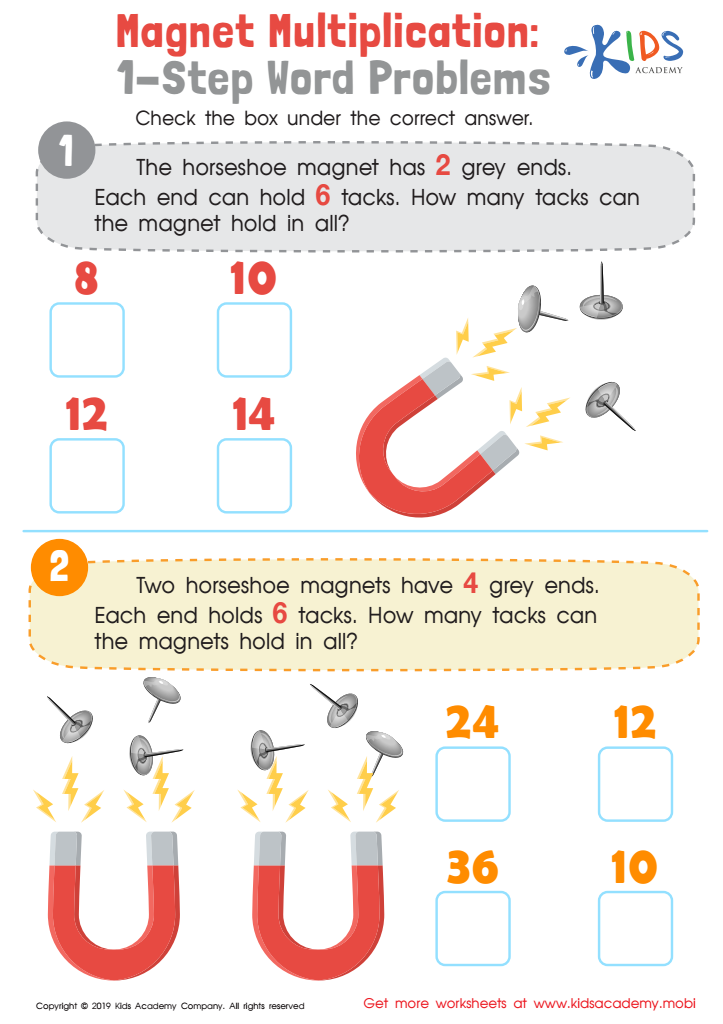

Magnet Multiplication: 1-Step Word Problems Worksheet
Developing problem-solving skills in young children, particularly in math for ages 5-7, is crucial for several reasons. First, these foundational skills lay the groundwork for higher-level mathematics and critical thinking later in life. Early experiences with solving math problems help children develop logical reasoning, an essential skill not only in math but across all academic subjects and real-life situations.
Moreover, engaging in problem-solving activities fosters a growth mindset, encouraging children to view challenges as opportunities to learn. This resilience can lead to greater perseverance in school and beyond. Children who master problem-solving skills early on are more likely to enjoy learning and pursue academic achievement.
Furthermore, math problem-solving often involves collaboration and communication. When children work together to find solutions, they develop social skills, learn to articulate their thoughts, and appreciate different perspectives. This collaborative approach not only enhances mathematical understanding but also strengthens social bonds.
Lastly, in a rapidly changing world, problem-solving skills are essential for success in daily life, equipping children to tackle real-world challenges as they grow. Parents and teachers should prioritize this skill development to nurture well-rounded, capable individuals ready to navigate whatever lies ahead.
 Assign to My Students
Assign to My Students

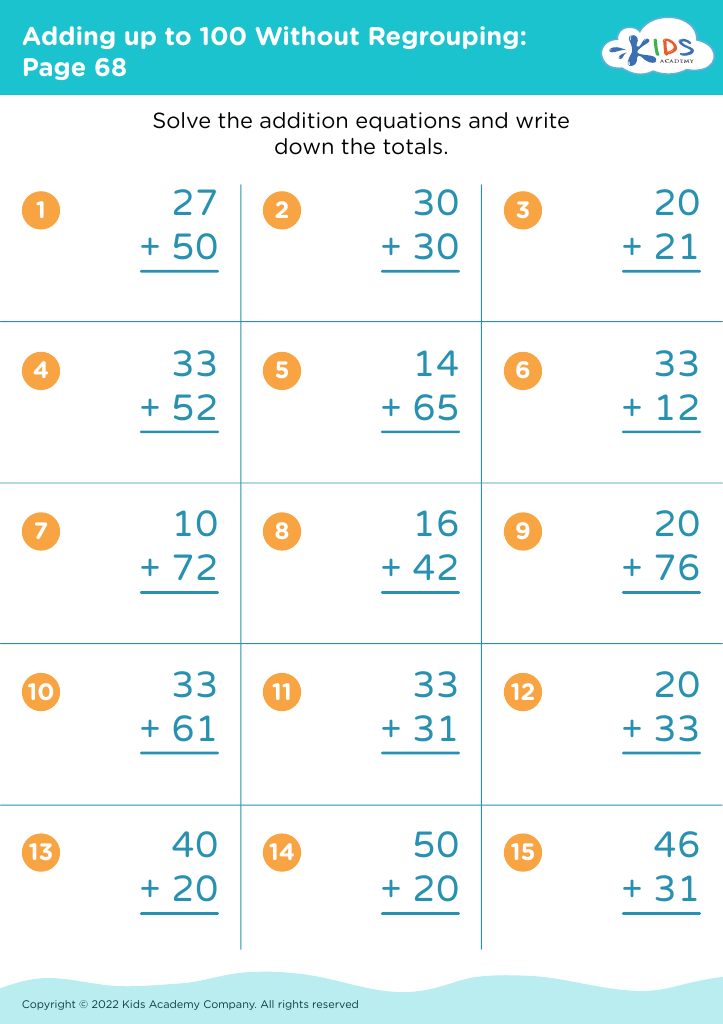
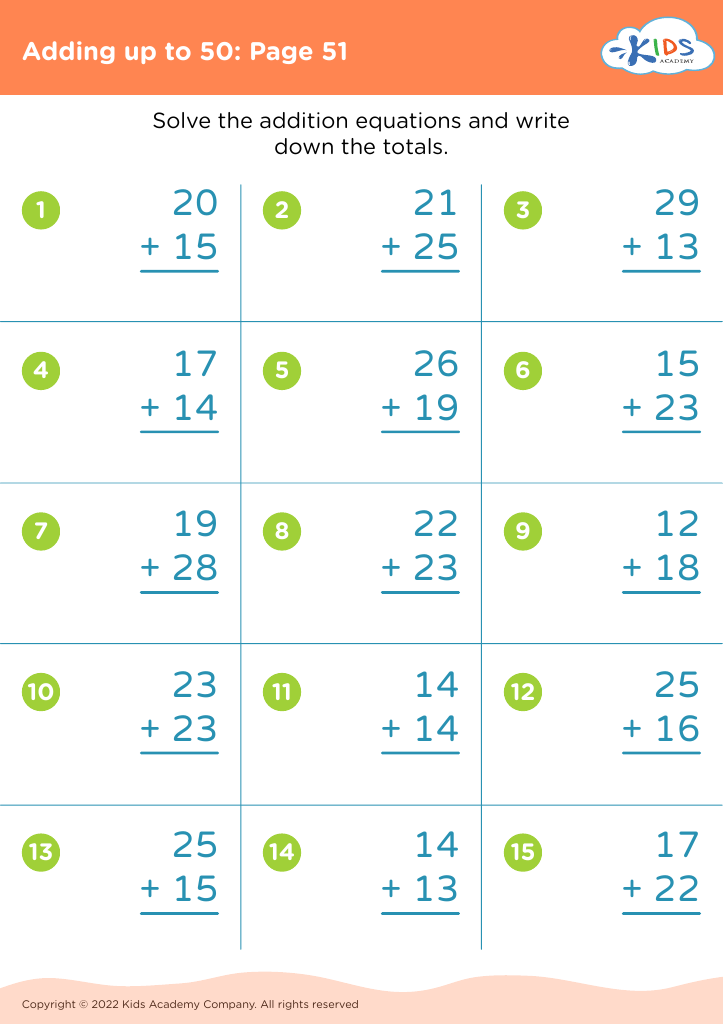

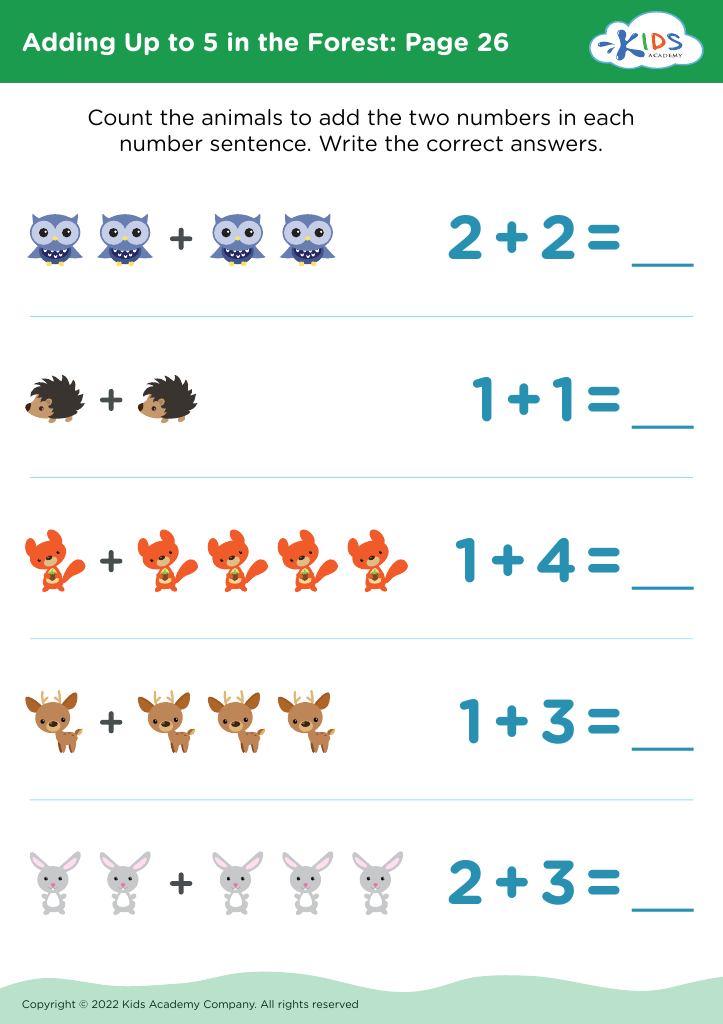
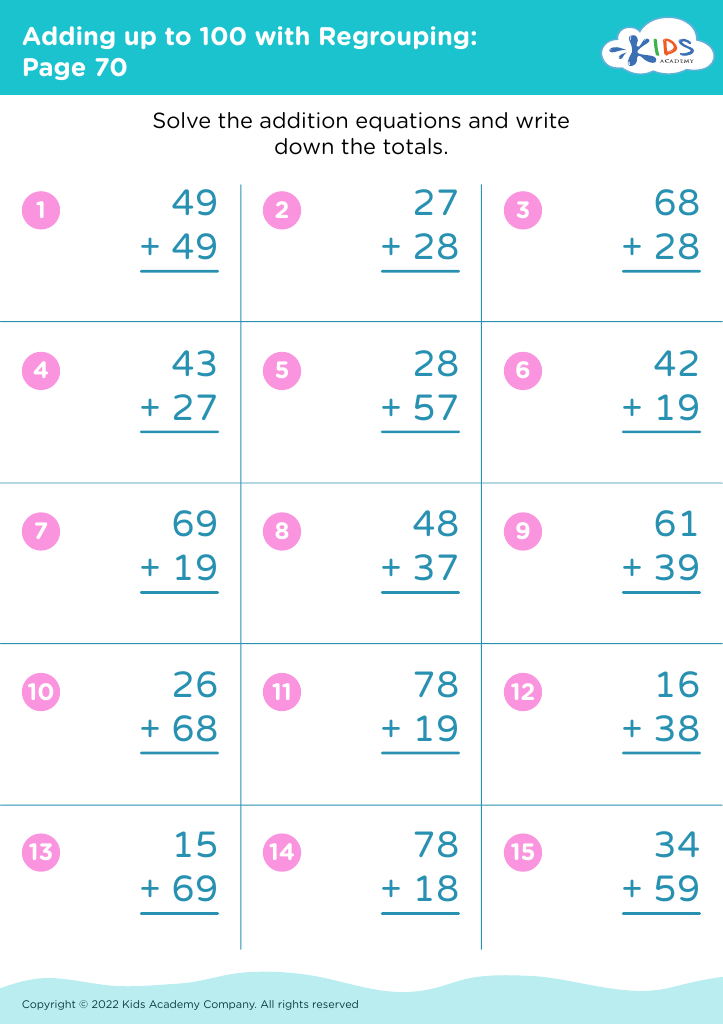








.jpg)











